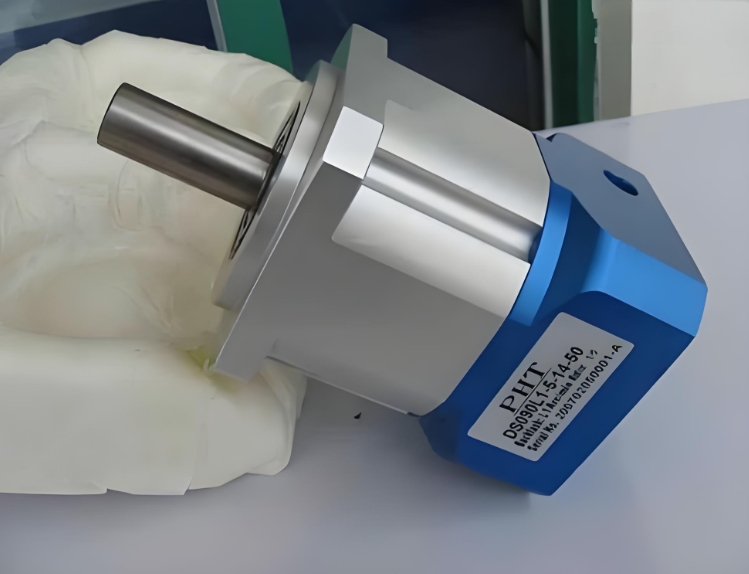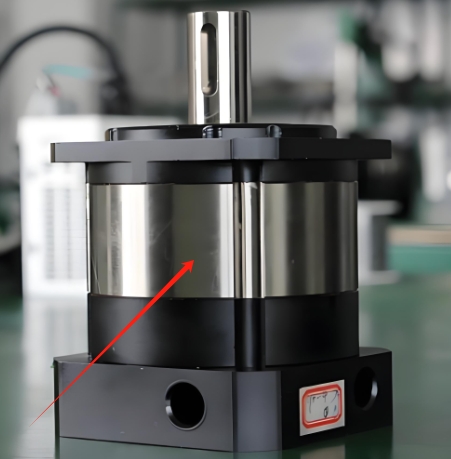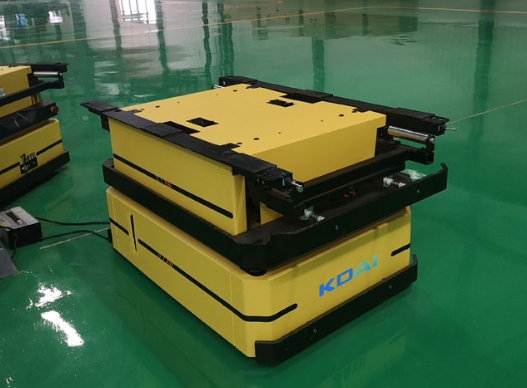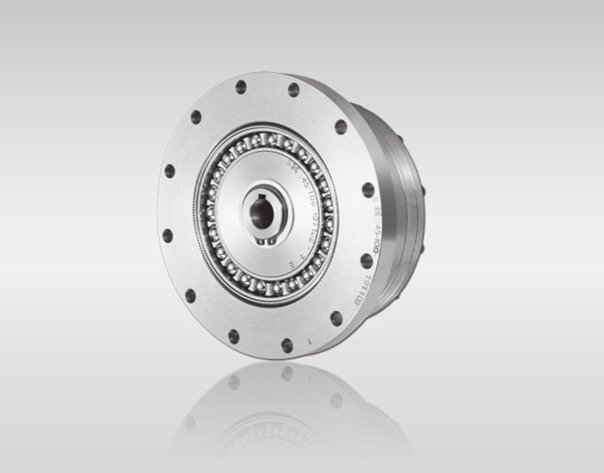
In the ever-evolving landscape of industrial manufacturing, the pursuit of enhanced efficiency and operational excellence stands as a paramount goal. Amidst the myriad of technologies contributing to this endeavor, gearboxes emerge as unsung heroes, playing a pivotal role in transforming the dynamics of factory operations. This article explores the multifaceted impact of gearboxes in elevating factory efficiency and operational levels.
1. Precision Control for Enhanced Productivity:
At the heart of modern industrial machinery, gearboxes provide precise control over the speed and torque of various components. This level of control is instrumental in optimizing the production process, ensuring that machinery operates at peak efficiency. Whether it's in conveyor systems, assembly lines, or other critical processes, gearboxes enable the fine-tuning necessary to meet production demands with unparalleled precision.
The ability to control and adjust speed is particularly crucial in industries with diverse manufacturing requirements. Gearboxes facilitate seamless transitions between different production phases, allowing for flexibility and adaptability. This precision control not only enhances productivity but also contributes to the overall quality and consistency of manufactured goods.
2. Energy Efficiency Leading to Cost Savings:
One of the standout features of gearboxes is their role in energy efficiency. By efficiently transmitting power from input to output, gearboxes minimize energy losses during the transmission process. This results in reduced energy consumption, leading to significant cost savings for factories. In an era where sustainability is paramount, the energy-efficient operation of gearboxes aligns with both economic and environmental objectives.
Furthermore, some advanced gearboxes incorporate regenerative features that capture and reuse energy during certain operational phases. This not only reduces energy wastage but also contributes to a more sustainable and eco-friendly manufacturing environment. The cost-effectiveness of gearboxes extends beyond the initial investment, making them a strategic asset for factories aiming to optimize their operational expenditures.
3. Reliability Enhancing Overall Equipment Effectiveness (OEE):
In the realm of industrial production, equipment reliability is a cornerstone of operational success. Gearboxes, known for their robust design and durability, significantly contribute to improving Overall Equipment Effectiveness (OEE). OEE is a key metric that reflects the efficiency of manufacturing processes by considering availability, performance, and quality. Gearboxes play a crucial role in maximizing machine availability by minimizing downtime associated with breakdowns and maintenance.
The reliability of gearboxes translates into enhanced machine performance and longevity. With reduced instances of equipment failures, factories can achieve higher OEE, leading to increased production output and improved overall operational efficiency. This reliability also results in lower maintenance costs, as gearboxes designed for durability require less frequent repairs and replacements, allowing factories to operate with greater economic efficiency.
4. Adaptability in Varied Industrial Applications:
Gearboxes demonstrate remarkable versatility, finding applications in a wide array of industrial processes. From heavy-duty manufacturing to precision-driven operations, gearboxes adapt to the unique demands of different industries. Whether it's in the automotive sector, food and beverage production, or renewable energy projects, gearboxes provide the necessary torque and speed control to meet the specific requirements of each application.
The adaptability of gearboxes extends to diverse machinery, including conveyors, mixers, pumps, and more. This versatility ensures that factories across different sectors can leverage the advantages of gearboxes, tailoring their application to suit the intricacies of their manufacturing processes. The result is a more agile and responsive industrial landscape, capable of meeting the challenges posed by evolving market demands.
In conclusion, gearboxes emerge as indispensable assets in the pursuit of elevating factory efficiency and operational excellence. Through precision control, energy efficiency, reliability, and adaptability, gearboxes contribute to the seamless functioning of industrial machinery. As the manufacturing landscape continues to evolve, the role of gearboxes in optimizing operational levels becomes increasingly prominent, making them a cornerstone of modern industrial success. Factories embracing the capabilities of gearboxes find themselves at the forefront of innovation, poised for sustained efficiency and competitiveness in the dynamic world of industrial production.
 English
English Deutsch
Deutsch Русский
Русский Español
Español

















Quote Now